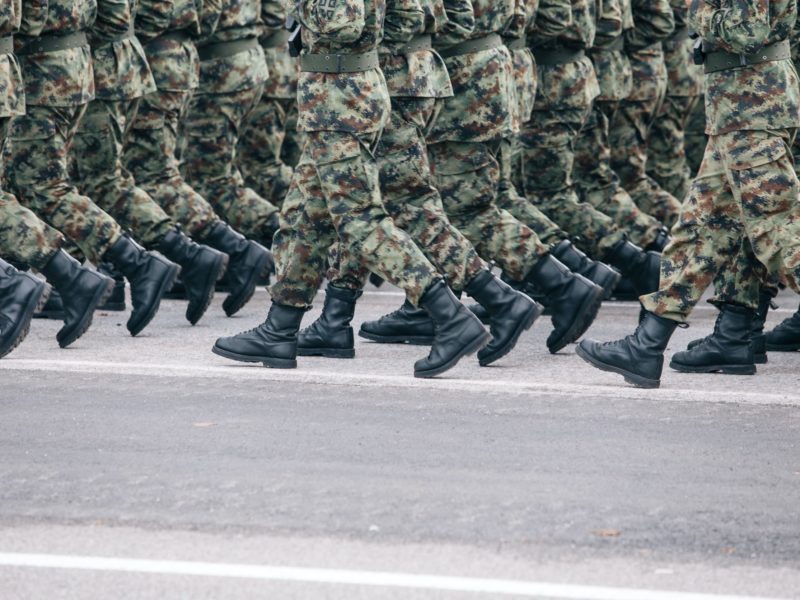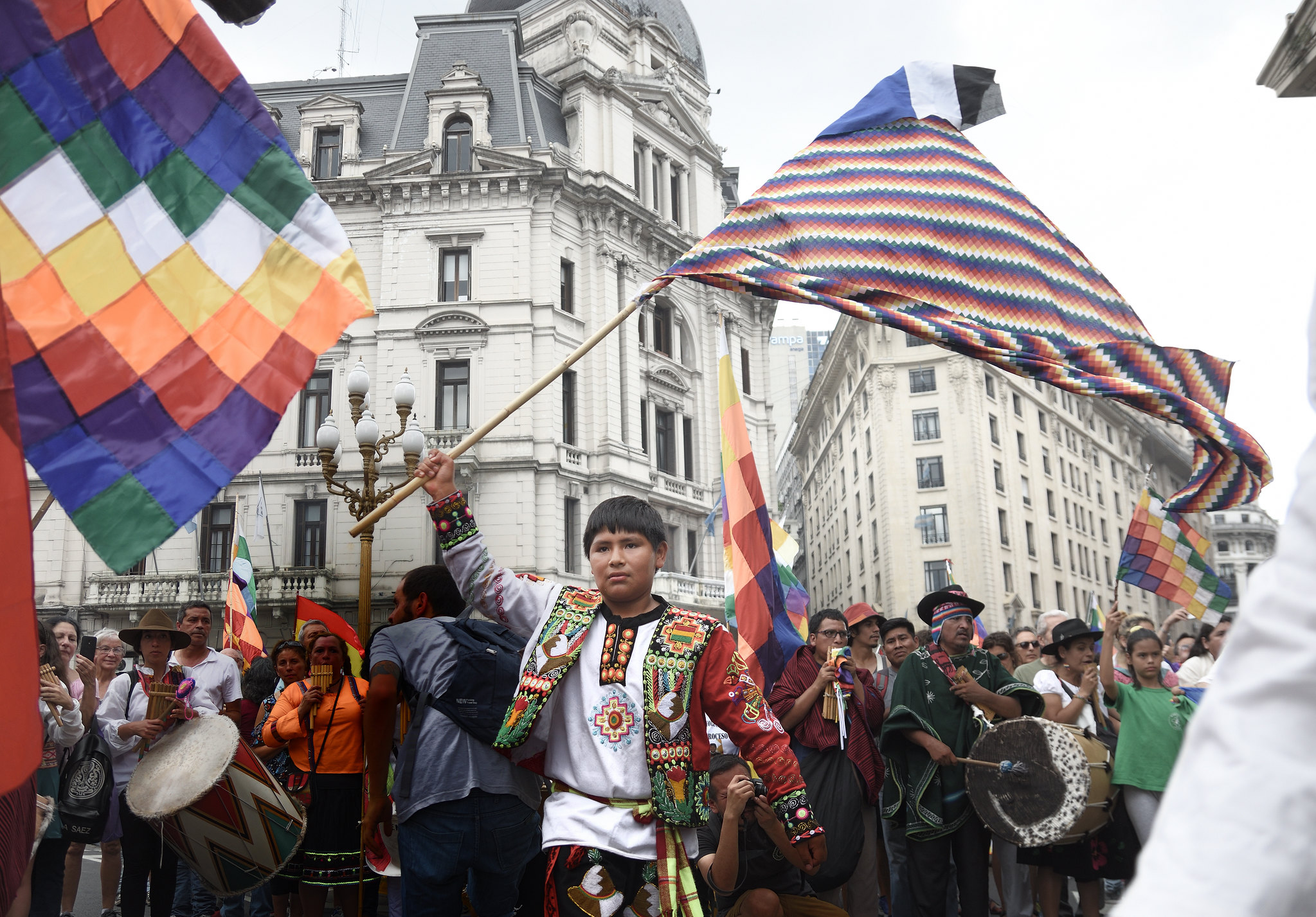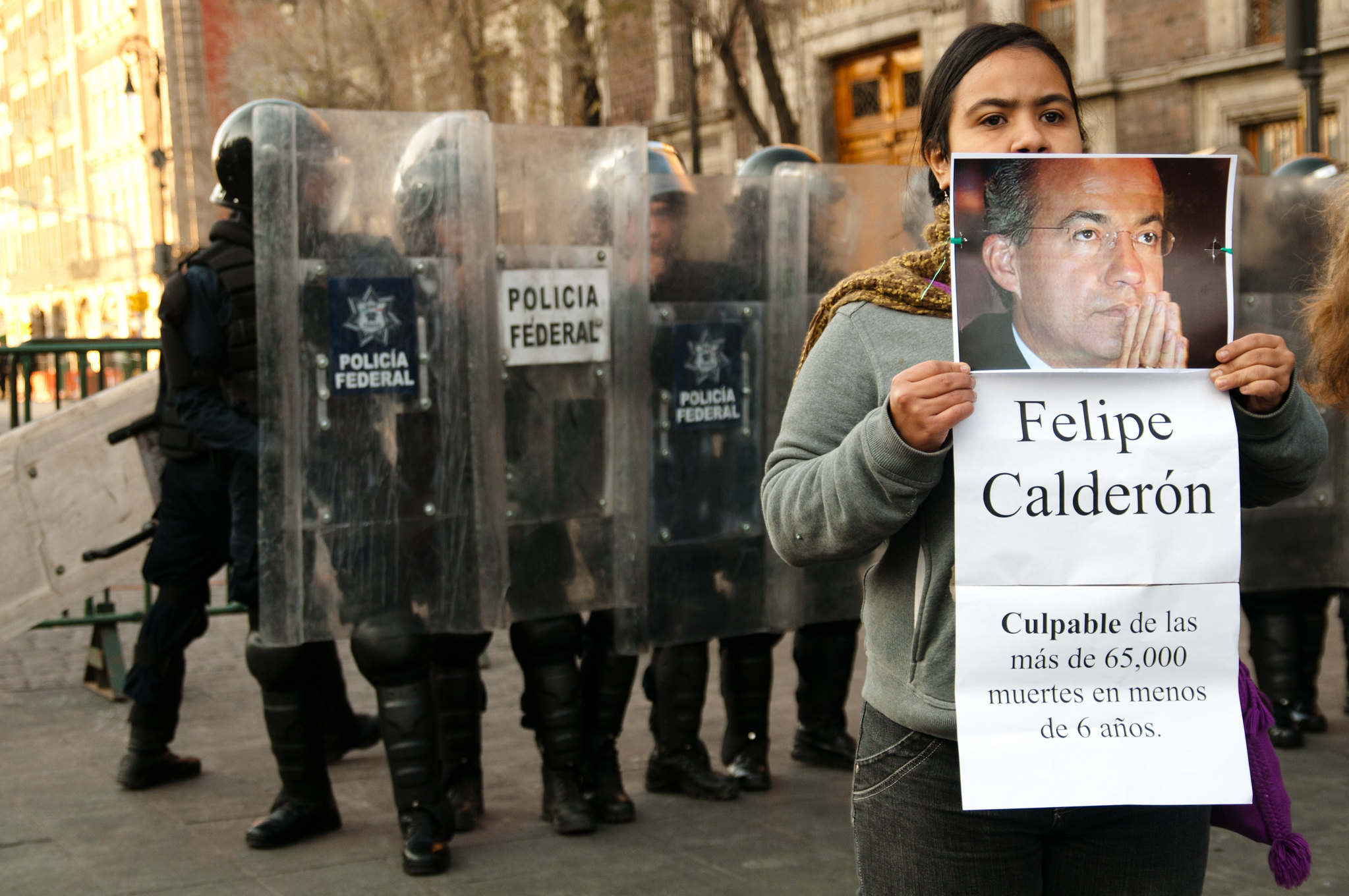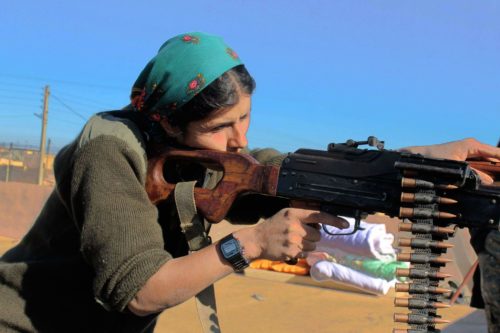Guest post by Brett J. Kyle and Andrew G. Reiter
In November, the Taliban government in Afghanistan announced the establishment of a military tribunal to enforce Sharia law. It will also handle complaints against Taliban police, army, and intelligence units. The developments in Afghanistan are not unique. Military courts have been a key feature of human rights abuses in India, Pakistan, Libya, Egypt, Tunisia, and many other countries. Why are regimes of all types increasingly turning to military courts as a tool of repression?
The existence of military courts is not a problem in itself. Military codes of justice include unique crimes, such as desertion or being absent without official leave, that necessitate a separate judicial system.
But governments frequently extend the use of military courts well beyond their intent because, as we show in our research, it is an effective way to shield members of the military from accountability and to prosecute civilian opponents.
Military and civilian codes of justice often overlap, with laws against assault and murder in both. Military courts can assert jurisdiction over cases involving their members. When that happens, the military controls the investigation and can hide evidence and intimidate witnesses. Unsurprisingly, impunity is common.
For example, in India, the Armed Forces Special Powers Act gives the army wide latitude in its domestic operations and provides it with the tools to evade accountability, even in cases of massacres of civilians, as recently took place in the state of Nagaland. In Brazil, military courts judged the soldiers accused of killing two civilians in Rio de Janeiro in 2019, in accordance with a 2017 law that puts cases of military violence against civilians under military jurisdiction. The military insists on such legal protections as a condition for domestic deployment.
Governments also abuse the role of military courts by extending their jurisdiction to cover civilians, thereby allowing them to prosecute those opposed to their rule. Tunisia regularly prosecutes civilians in military courts for “insulting the president.” In the Democratic Republic of the Congo, a military court convicted a musician for demoralizing the army. Lebanon has used military courts extensively to go after anti-government protestors. And in December, the Peshawar High Court in Pakistan and the Tunisian Court of Appeals sanctioned the use of military courts to try civilians.
The use of military courts is particularly common in countries that face internal security threats. Egypt recently gave military courts responsibility for prosecuting civilians accused of attacking important infrastructure, such as gas pipelines and railways. Russia has used military courts to prosecute civilians accused of terrorism in Dagestan. Somali military courts play a prominent role in trying members of al-Shabab. Declarations of martial law or states of emergency typically grant the military even more sweeping judicial powers, as is seen in the southern region of Mindanao in the Philippines.
By shifting cases into the military justice system, governments are able to try individuals more quickly with lower thresholds of evidence and mete out harsher punishments. Libyan military courts, for example, have sentenced many civilians to death for criticizing the Libyan Arab Armed Forces.
Using military courts is also a way to keep cases out of the public eye. Most are not accessible to civilians, including the media. Even the US is in the process of building a second courtroom on Guantánamo Bay that will be closed to the public.
While the proceedings of these trials are often secret, their existence typically is not. International condemnation is thus widespread. The United Nations, African Commission on Human and Peoples’ Rights, and Inter-American Court of Human Rights, for example, have made it clear that military courts should not prosecute civilians. But these efforts have had little effect. In some cases, governments have outright ignored what are supposed to be binding rulings by international courts (e.g., Venezuela and Brazil).
As we show in our research, militaries staunchly resist reforms to their legal prerogatives. They will fight to keep them long after they have given up control over their size, budgets, and missions. And politicians have little incentive to curtail the military’s legal power, especially when they face internal security threats. Weak civilian courts do not want to risk their own relevance by confronting politically influential militaries.
Are there ways to counter the influence of military courts? Reform is most likely during major democratic transitions (e.g., Indonesia) and at the conclusion of civil wars (e.g., Mozambique and El Salvador). Absent such openings, limiting the power of military courts requires sustained domestic resistance by a coalition of civil society actors and reform-minded politicians and judges. Civil society organizations were able to pressure politicians to enact new legislation reining in the power of military courts in South Korea, Taiwan, and the Dominican Republic. Our research shows that domestic high courts are often the deciding factor in bringing about reform, but they require victims to continue to bring cases before them.
The most important lesson is to resist the domestic deployment of the military and the expansion of military justice in the first place. Even well-established democracies are quick to turn to military courts in times of crisis. The US, for example, used martial law extensively during the Civil War, resurrected the practice during World War II, and quickly reinterpreted the law to give military courts jurisdiction over suspected terrorists after 9/11. Recent deployments of the military and National Guard to police protests exposed loopholes in restrictions on their use. The heightened risk of political violence in the US today raises the prospect that leaders will continue to call on the military for such tasks, leading to jurisdictional clashes, with perilous consequences for the rule of law.
Military justice is a powerful, yet often overlooked, instrument of repression and impunity for human rights abuses. Supporters of democracy and human rights should strongly challenge any expansion of military judicial power.
Brett J. Kyle is Associate Professor of Political Science at the University of Nebraska at Omaha and Andrew G. Reiter is Associate Professor of Politics and International Relations at Mount Holyoke College. Their book Military Courts, Civil-Military Relations, and the Legal Battle for Democracy: The Politics of Military Justice (Routledge) was published in 2021.







